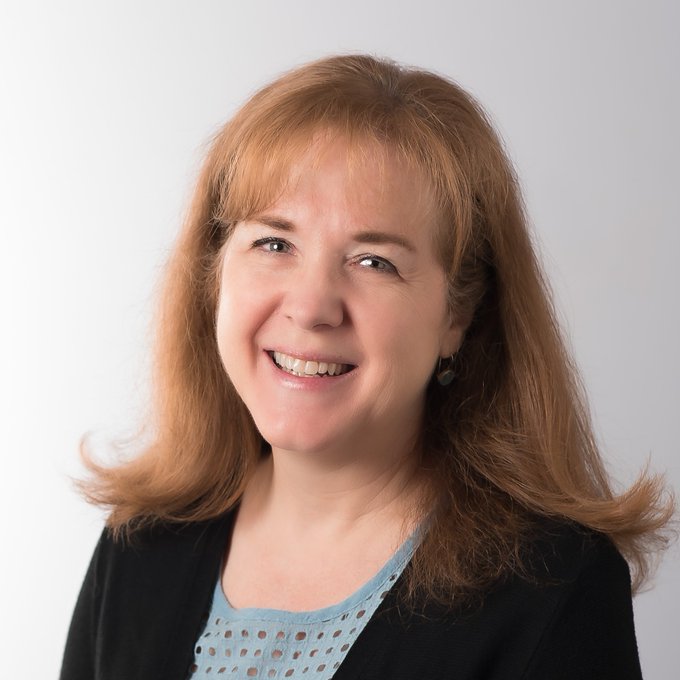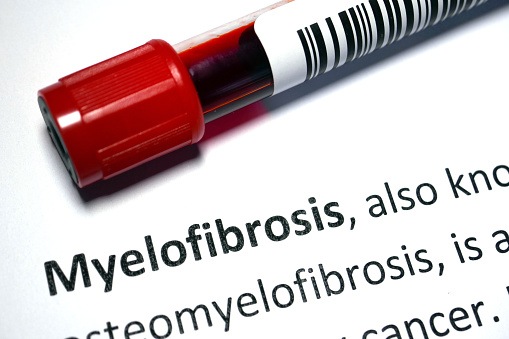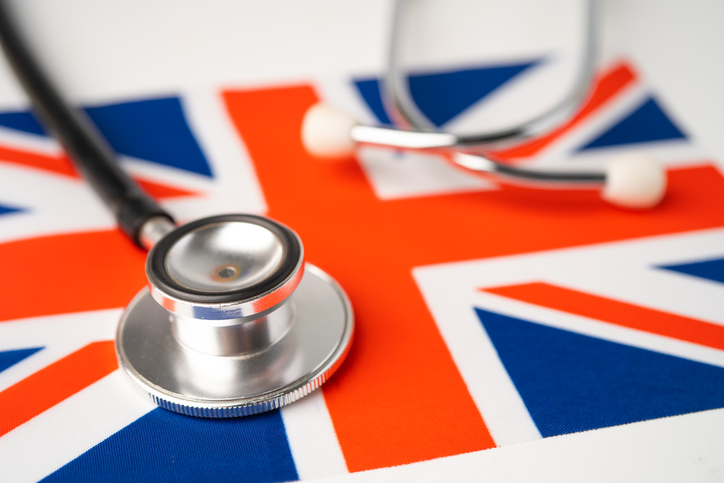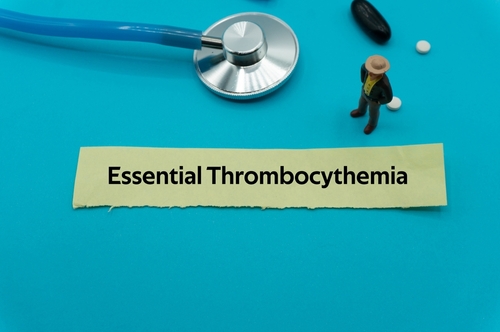
The 2024 American Society of Pediatric Hematology and Oncology (ASPHO) Conference is being held April 3-6 at the Seattle Convention Center in Washington. Heme Today sat down with Dr. Hastings, ASPHO President, to discuss this year’s conference and why “hematology” and “oncology” shouldn’t be used interchangeably.
What Are Some of the Themes of This Year’s Conference?
One of the points of having this conference is to ensure that we provide diversity in the topics so that it appeals broadly to our membership. We do divide out nonmalignant or hematology topics, but there is some degree of overlap with immunology and genetics because many of the diseases that we care for in children have either some genetic predisposition or ethnic relation or are treated with bone marrow transplant. We bring these topics together to ensure that we have a broad array of opportunities for people to attend lectures or symposia in their area of practice or interest. It’s also an opportunity for them to learn about something completely new, develop new interests, and find new collaborations or peer networks.
If I had to pick a couple of areas I think could be particularly interesting, we have focused discussions on clinical conundrums, looking at certain forms of relapsed acute myeloid leukemia—how do we recognize them? What do we do about them?
There is a symposium on the impact of sickle cell disease (SCD) from childhood through adulthood and how that impacts cognition because patients with SCD have known silent strokes that can impair learning and memory.
There is also a talk called “Thalassemia in Transition.” Thalassemia is known to be an ethnic-related disorder, primarily affecting patients from South East Asia or Mediterranean areas. But as you can imagine with how the world changes, we have changing demographics of this disease. We are going to be looking at that and showing that we should be thinking about thalassemia more in patients outside of these obvious ethnic groups—not only how to identify it, but also new therapies including gene therapies that we need to learn about in this patient population.
The American Society of Hematology Has Begun Using “Classical Hematology” Rather Than “Benign Hematology” What Language Do You Prefer?
I don’t even feel the need to qualify the term hematology. I just think of hematology. But I’ve always thought that calling something benign is not appropriate because many of these diseases do impact lifespan, so that’s not benign, or they impact the quality of life. Nonmalignant is okay, but I think just hematology is fine.
What Would You Highlight for First-Time Attendees?
The ASPHO Conference is an opportunity to meet with your colleagues around the country. This is the only conference that is purely dedicated to the subspecialty and the source of important information that is disseminated worldwide. I think it’s an opportunity to not just hear different topics that could be clinically relevant to your practice, but also to understand what’s going on in research and opportunities to get involved. We specifically create events for first-time attendees so that they can be welcomed, understand the scope of what is offered at ASPHO, and be able to join, if they want, some kind of subspecialty interest group.
It’s also amazing that they can just rub shoulders with people that are the luminaries and understand that they’re very available to them and they can even set up direct mentoring or friendships.
It’s a different type of conference. You don’t just go sit in the back of the room and listen to a talk. You go and interact directly with the people who are doing this cutting-edge work and who invite you to join them. I want people to understand that this is a different meeting. It’s very personal. It’s an incredible opportunity for professional development and lots of opportunities in the future for leadership and involvement directly in your specialty.
Can You Discuss the Presidential Symposium: Trust, Communication, Advocacy, and Barriers to Ethnical Care of Patients With Ethnically-Based Diseases–What We Learn From Caring for Patients With Sickle Cell Disease” Session That You Are Moderating?
It has been a long-term interest of mine to address ethical issues in how we care and how our care is influenced in patients that have these ethnically-based diseases. I think it’s going to be a very eye-opening and thoughtfully delivered and engaging symposium. It’s 90 minutes, and if I were an attendee, I’d be on the edge of my seat the whole time.
For instance, we’re going to have Elliott Vichinsky, MD, who is internationally known in this area of global disorders, in particular in SCD. He’s going to take us back 40 years and talk about how perceptions of race have influenced how we care for patients and how we’ve developed treatments.
What Are Some Unique Sessions You Are Particularly Interested in?
We have what we call our luminary speakers, and we always choose somebody to speak in hematology and somebody in oncology. What’s nice about the luminaries is these are people that are still very much in the midst of their careers. This year’s luminary presenters are Jorge Di Paola, MD, who is going to be speaking on his research on platelets and Maryam Fouladi, MD, who is speaking on the treatment of children with brain tumors.
Caroline Hastings, MD, is the current ASPHO President and serves as a Professor of Pediatrics and the Director of the fellowship program at the University of California San Francisco Benioff Children’s Hospital, Oakland.







 © 2025 Mashup Media, LLC, a Formedics Property. All Rights Reserved.
© 2025 Mashup Media, LLC, a Formedics Property. All Rights Reserved.